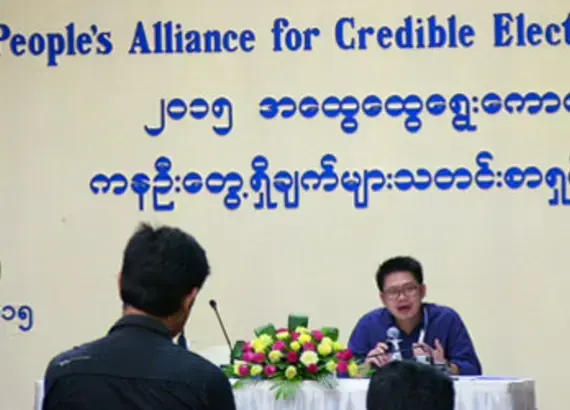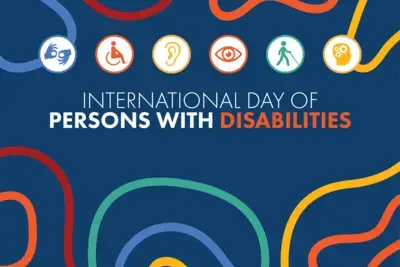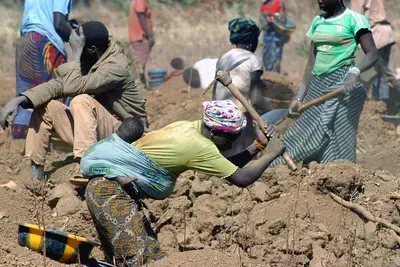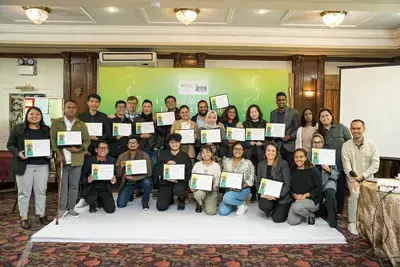
Success Story
Burmese Vote in First Open National Election in 25 Years
Millions of Burma’s citizens went to the polls yesterday to vote in the country’s most competitive elections since 1990, and the first national elections in 25 years to see the major opposition party, the National League for Democracy (NLD), participate. Ninety-one parties registered over 6,000 candidates who competed for seats in the national legislature, in regional and state legislatures, and to represent ethnic groups in their states or regions. The November 8 elections were also the first in which international and domestic observers were credentialed by the country’s national election management body, the Union Election Commission (UEC).
While these developments are positive, several obstacles remain and must be addressed if the democratic aspirations of Burma/Myanmar’s people are to be fulfilled. The electoral playing field is severely unbalanced; for example, because 25 percent of the seats in the national legislature are reserved for the military, the NLD, in effect, will have to obtain two-thirds of the contested seats to obtain a majority. Large numbers of citizens, including the Rohingya, a Burmese ethnic minority group, were disenfranchised and a lack of transparency characterized the disqualification of several candidates on grounds related to their nationality. The constitution disqualifies the opposition leader, Aung San Suu Kyi, from serving as president because of her children's nationality, a provision apparently designed specifically for her. In addition, the constitution removed the military, police and border affairs from civilian control. The government elected through this process also will need to address the issue of federalism, which will be essential to achieving a lasting peace.
NDI provided training and technical support to four civil society organizations who observed the elections. Together they deployed over 5,000 observers. The People’s Alliance for Credible Elections (PACE) deployed its observers to a nationally representative random sample of polling stations to systematically assess the voting and counting process on election day. Because of the statistical rigor of its study, the findings are generalizable to the country as a whole. PACE’s statement can be found on NDI’s website.
NDI also worked with Phan Tee Eain (Creative Home), a domestic women’s empowerment organization, as well as the National Youth Congress and the Ethnic Youth Network, whose observations focused on the participation of women, youth and ethnic groups in the electoral process. PACE and NDI’s other election partners will continue to monitor the counting process and the resolution of disputes filed by candidates and parties.
These elections are a preliminary step in the complex process that will select a new president and determine the course of the country for the next five years. Current parliamentarians will continue in office until the end of January 2016. The new parliament’s first task will be to choose new speakers and deputy speakers and to form an electoral college. That electoral college will vote on the candidacies of three vice presidents: one chosen by appointed military MPs who constitute 25 percent of the legislature, one chosen by the lower house or Pyithu Hluttaw, and one by the upper house or Amyotha Hluttaw. The candidate with the most votes will be proclaimed president and the two unsuccessful candidates will serve as vice presidents under him/her. A new government will begin office at the end of March 2016.
NDI’s programs in Burma are supported by the National Endowment for Democracy, the United Kingdom Department for International Development, and the United States Agency for International Development. NDI has supported international advocacy on Burma since 1995. Read more about NDI’s programs in Burma.
Published on November 9, 2015



